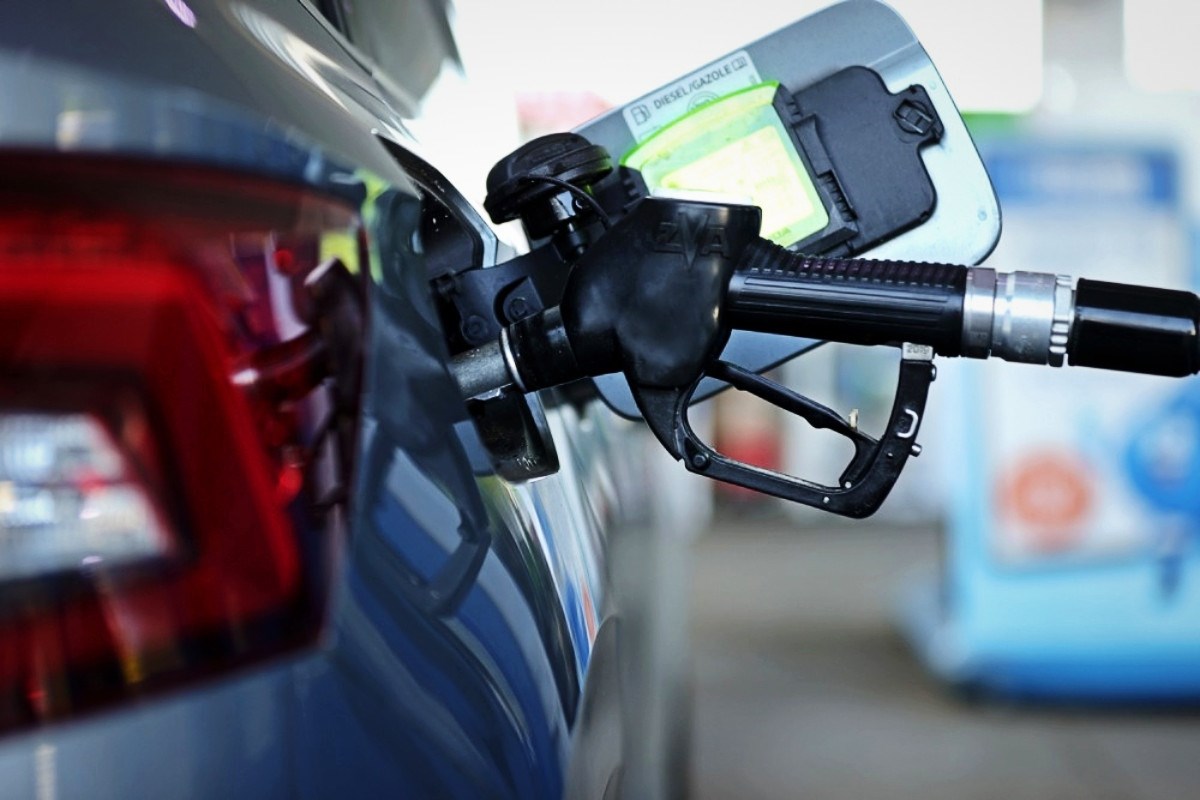The German automobile club ADAC has warned drivers to prepare for a significant increase in fuel prices in Germany due to the escalation of the conflict between Israel and Iran. Following an Israeli attack on Iran, prices of crude oil and natural gas surged sharply, leading to an increase in gasoline and diesel prices by about two cents per liter within 24 hours. ADAC believes that oil companies will likely pass these increased costs quickly onto consumers. It remains uncertain whether there will be actual supply restrictions, such as a blockade of the Strait of Hormuz, or if prices will rise mainly due to concerns over further escalation in the Middle East. Drivers are advised to refuel timely, ideally in the evening when fuel is cheapest. Stock markets reacted with moderate losses, while gold and government bonds were sought as safe investments during the crisis. Additionally, German shipping companies are concerned about the safety of commercial shipping, and air traffic in the region is also limited.
Political Perspectives:
Left: Left-leaning outlets emphasize the geopolitical causes of the fuel price increase, highlighting the impact of military conflicts on ordinary consumers and the need for sustainable energy policies to reduce dependency on volatile fossil fuel markets. They may also critique the role of oil companies in quickly passing costs to consumers and call for government intervention to protect citizens from price shocks.
Center: Center-leaning sources focus on the factual reporting of the fuel price increase due to the Israel-Iran conflict, providing balanced information about the causes, current price changes, and practical advice for consumers. They highlight market reactions and the uncertainty regarding supply disruptions without assigning blame, aiming to inform the public objectively.
Right: Right-leaning perspectives tend to emphasize the economic impact on consumers and the importance of energy security. They may stress the risks posed by geopolitical instability in the Middle East to global energy supplies and advocate for strengthening national energy independence and security measures. They might also highlight the responsibility of consumers to manage fuel usage efficiently.






































